Lab 9: False Memory Experiment
PSYC 2401 Lab
False Memory Experiment
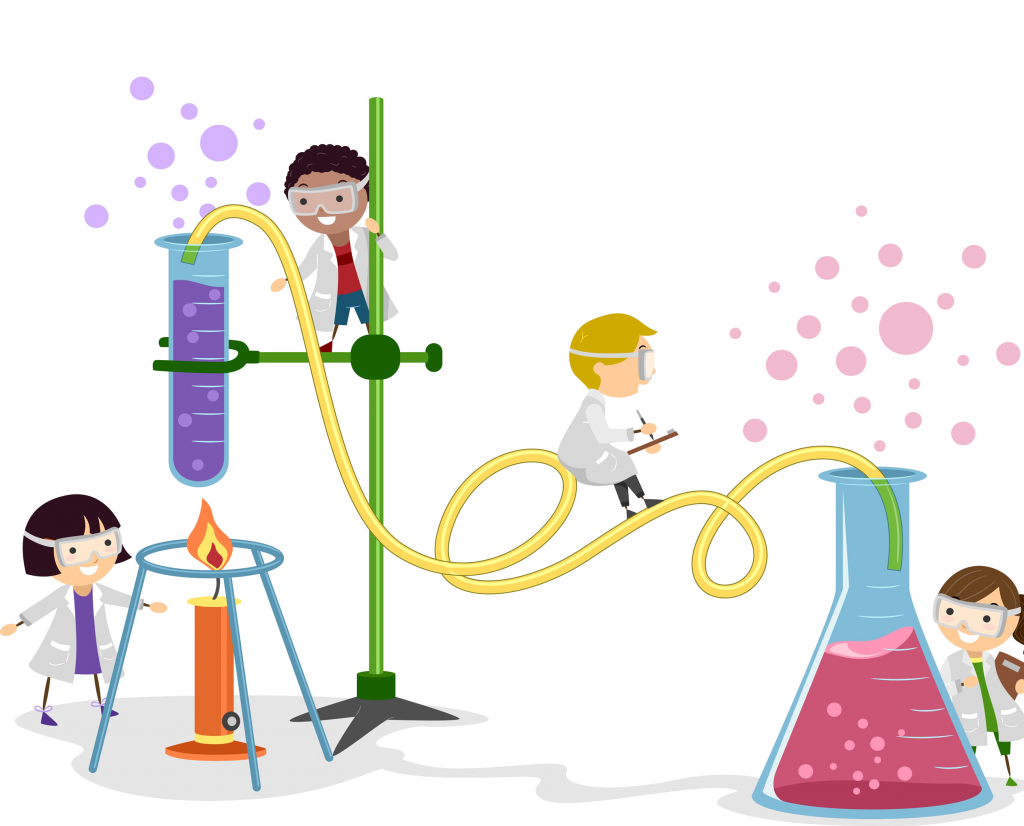
Experiment Instructions

Log into your CogLab account and click on “complete lab”
↓
Then, select “33. False Memory”
↓
Please, Do not read the “background” or the “instructions”. Click here for the experiment instructions
↓
After you are done, you are free to scroll to the top and read the “background” section
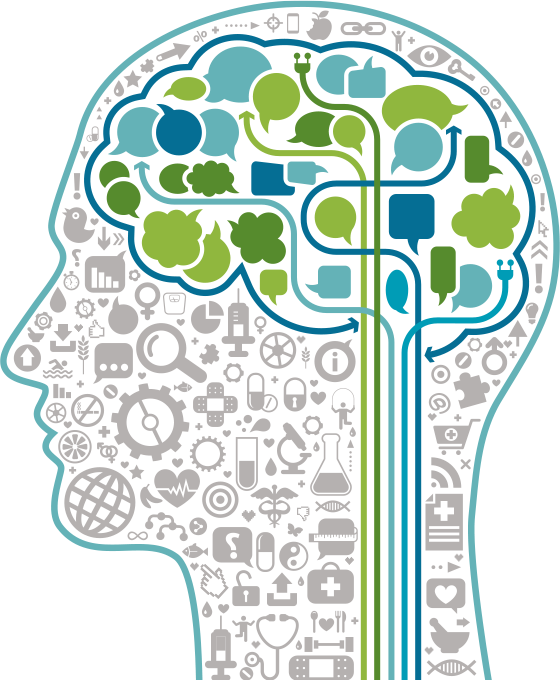
False Memory

False memory refers to the distorted recollection of an event that happened in the past, or the recollection of an event that never happened.
Some causes of False Memory:
- Interference: A new event interferes with the memory of a previous event. For example, novel negative information about a person may cause negative false memories abuot our previous interactions with that person (retroactive interference).
- Leading Questions: Question that either contain or attempt to elicit incorrect information about a past events have been known to cause false memories. For example, “Did you see that person?” (potentially leading) VS “Did you see any person?” (not leading).
- Similarity between events/stimuli: Probably one of the most common false memory causes is the similarity between stimuli/events. When asked about events that did not happen, which have features of events that did happen, people often report false memories.
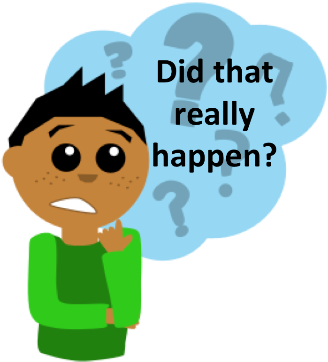
The DRM task

The Deese–Roediger–McDermott (DRM; Rodiger & McDermott, 1995) paradigm is one of the most popular experimental procedures used to generate false memories.
Encoding Phase
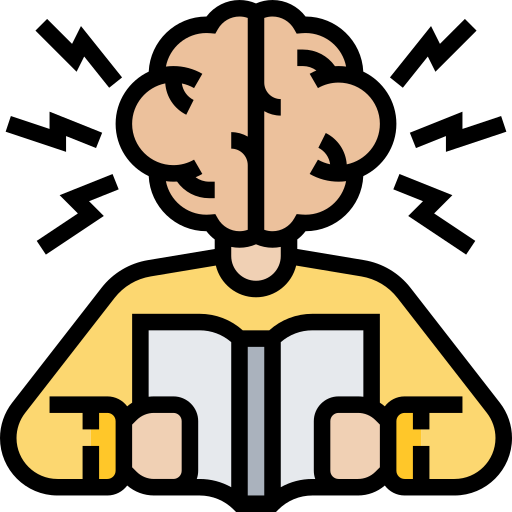
Participants are told to learn a set of semantically related words. For example:
Mountain, cliff, peak, chasm, etc…
usually the list will have 8 or more words.
Recognition Phase

Participants are then present another list of words and asked to identify words that were presented in encoding phase:
door, peak, hammer, hill, cliff, summit, etc…
Where participants will be more likely to incorrectly identify semantically related words such as hill than semantically unrelated words such as door.
💡The DRM task is actually what was used in the experiment that you just completed💡
The Mandela Effect

The Mandela effect is a phenomenon whereby multiple people consistently exhibit false memories about a famous person or a popular culture icon. A nice recent study that investigated this phenomenon is Prasad and Bainbridge (2022); here are some ot the stimuli used in this study:
Which one is the original?
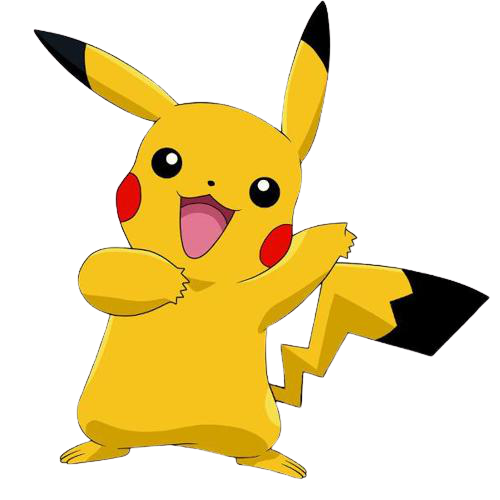
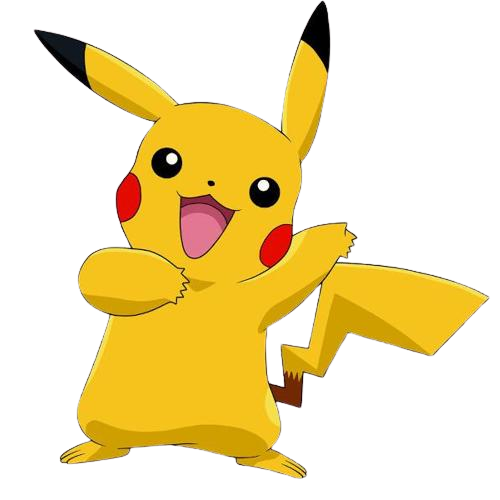
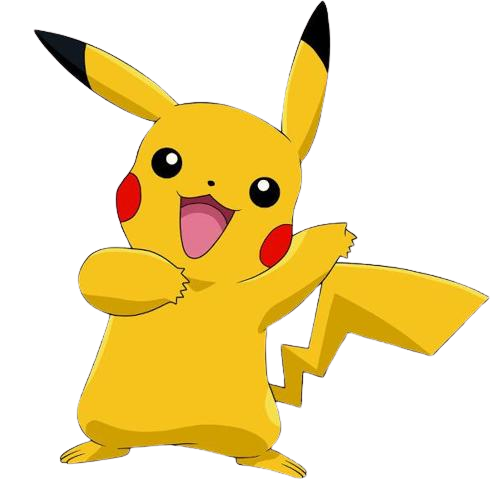
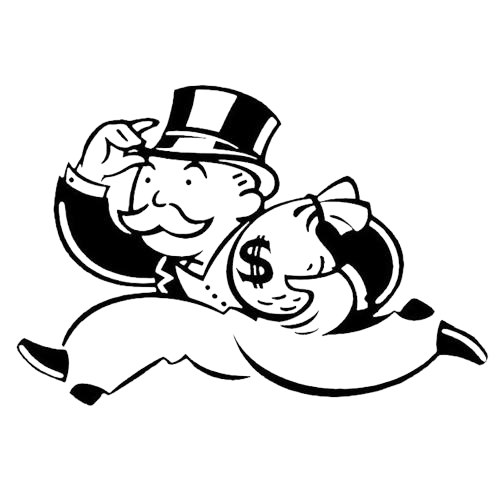
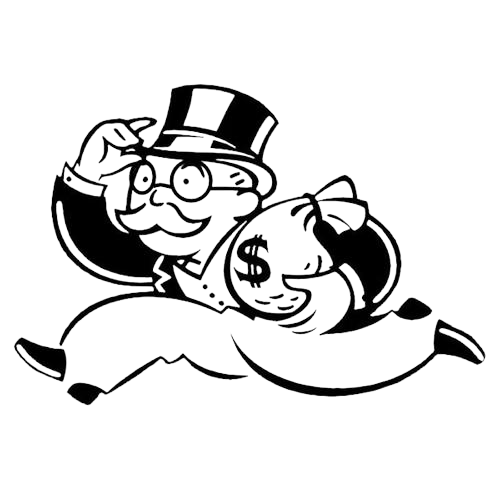
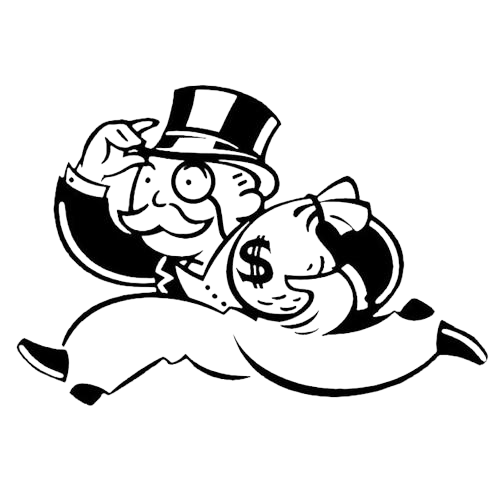
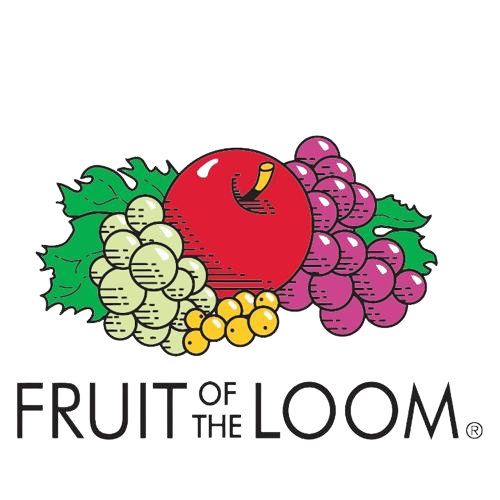
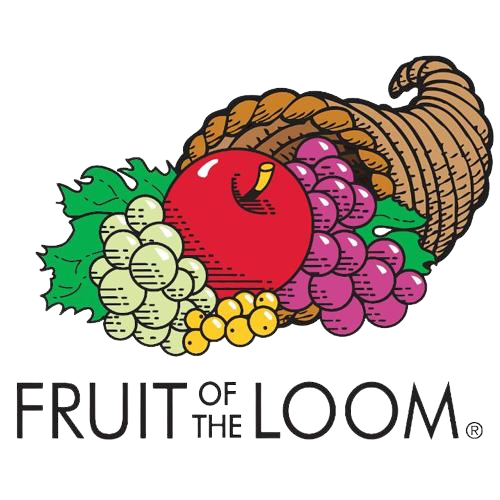
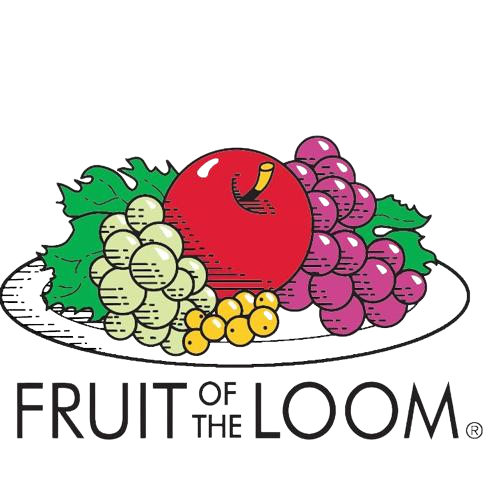
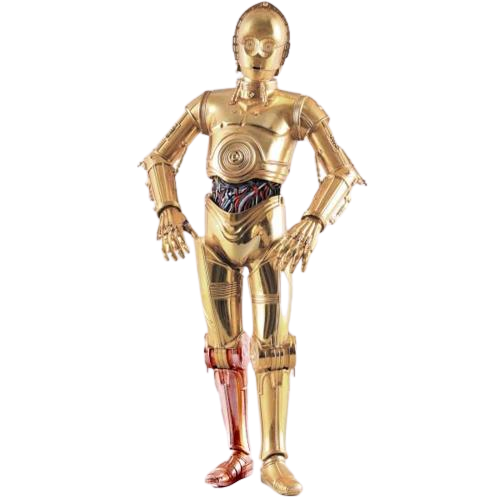
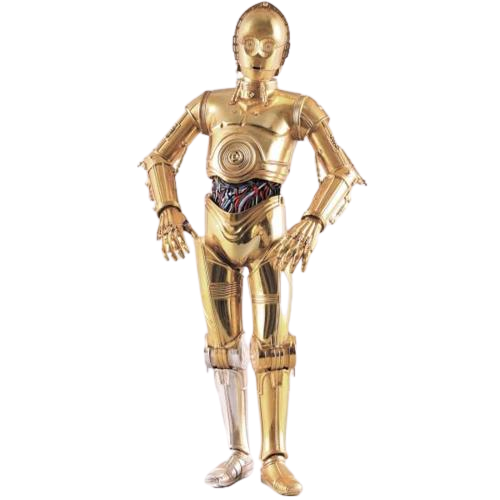
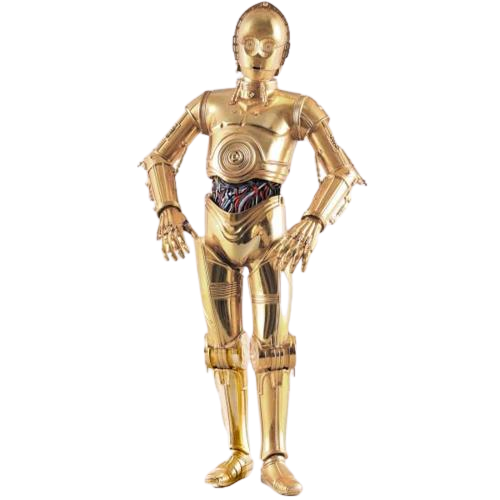
Any Questions? 🤔

…And Class is over!🙃

Lab 9: False Memory Experiment